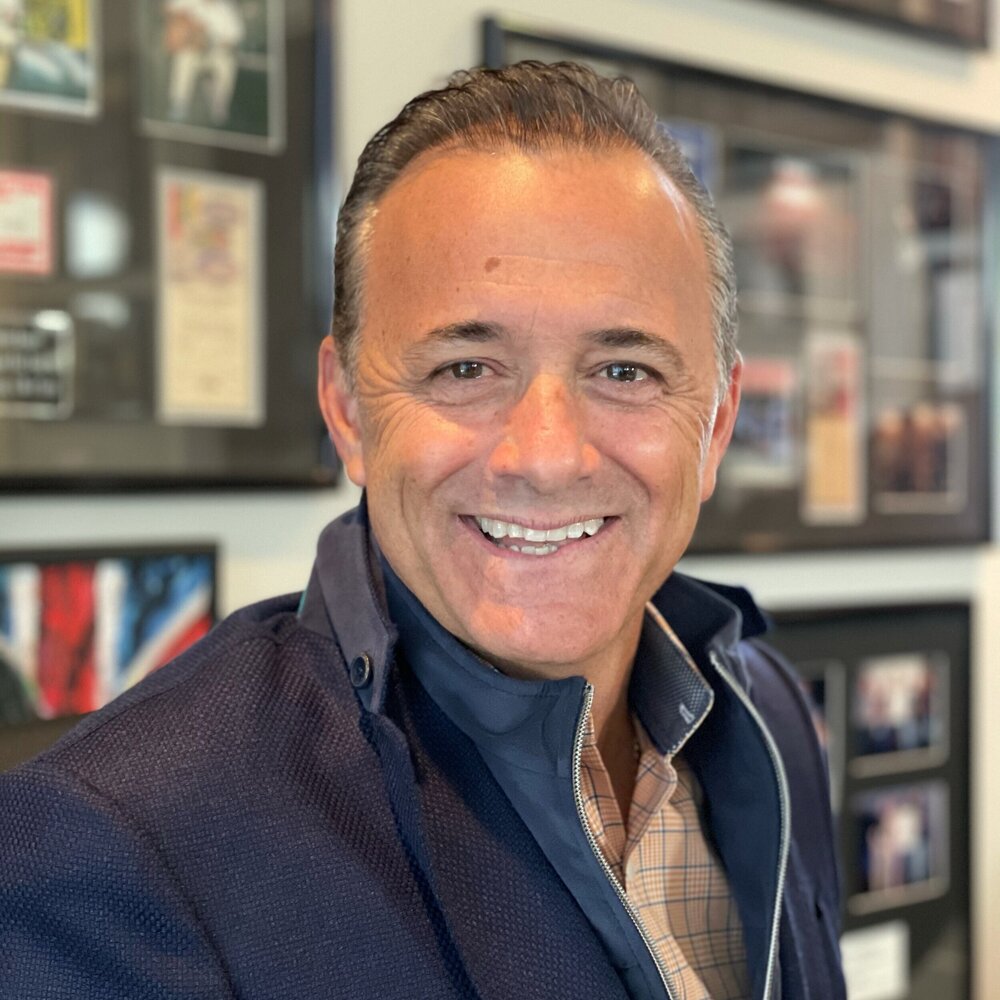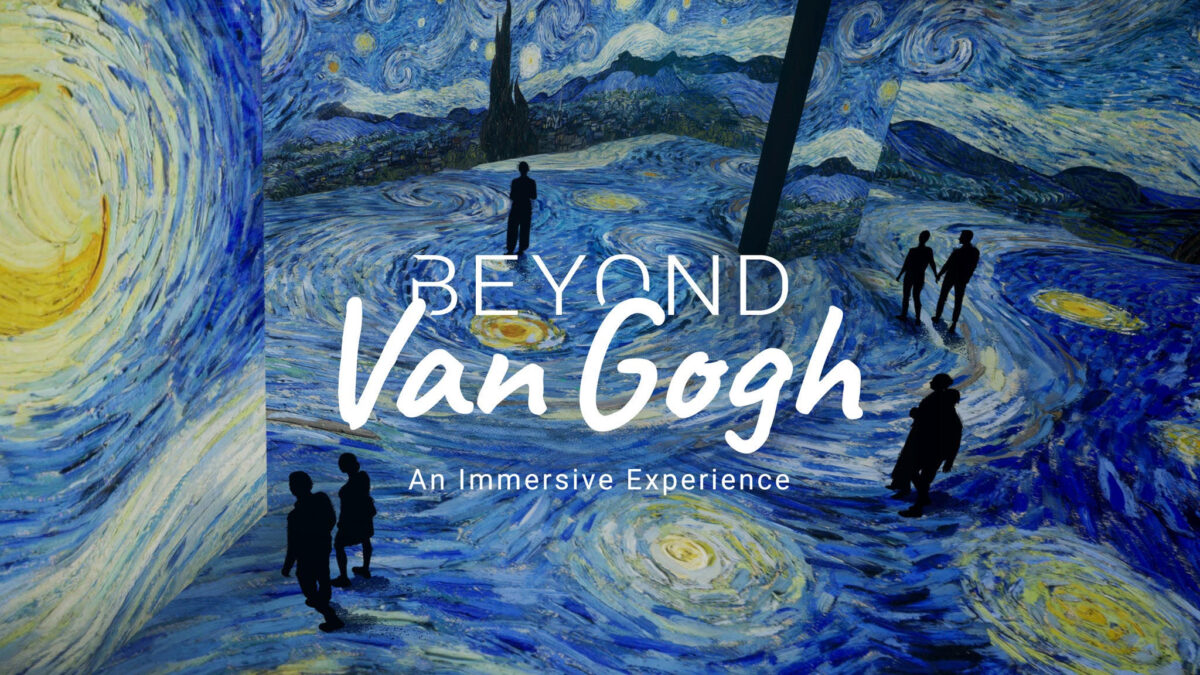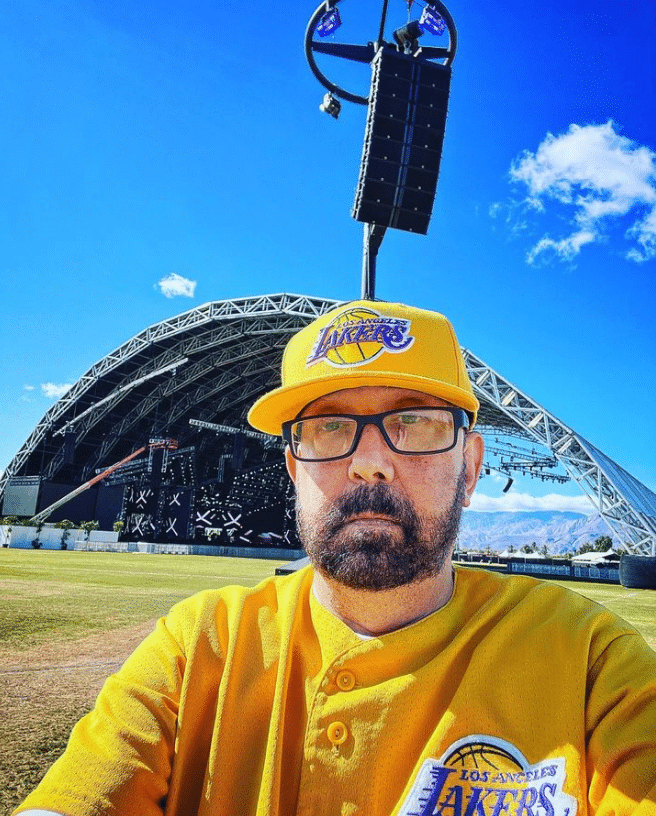In one of the most reflective interviews featured in NACPA’s newsletter, Daren Libonati recounts his experience at the Route 91 Harvest Festival, the tragic event that changed the course of live entertainment safety measures, and the presentation he developed in its aftermath.

Daren Libonati is a name recognized across various sectors of the live events industry: as a stadium and arena executive, a content creator, festival producer, and operator. He is also a co-founder of Jampack, a company specializing in creating bundled ticket and hotel packages for festivals, sporting events, corporate teams, and conventions.
But what many may not know is that Libonati was directly involved at the 2017 Route 91 Harvest Festival in Las Vegas, where, in his role as Vice President of Festivals for MGM Resorts, he and his team collaborated closely with co-promoter Live Nation. The festival was cut short by a devastating shooting that resulted in 60 fatalities and over 800 injuries.
Perhaps lesser known, but equally important, is how Libonati’s foresight and crisis preparedness mitigated what could have been an even greater disaster.
The interview has been divided into two key sections: 1) Daren’s BACKGROUND, which provides insight into his expertise in event security and preparedness, and 2) his PRESENTATION, based on the lessons learned from Route 91, titled: “Inspect What You Expect: Who Are You in the Moment of Truth?”
BACKGROUND
After playing football at UNLV, I had the opportunity to intern at the Thomas & Mack Center arena. That’s where I grew up in the business of arenas and stadiums, learning from great men like Dennis Finfrock and Pat Christensen. I gained experience in everything from parking lot operations to event coordination, eventually becoming the Booking Director. From 1989 to 1993, I was fortunate to have booked and coordinated numerous and impactful events during this time window.
In 1993, I left the Thomas & Mack Center to follow my passion for boxing, becoming the Director of Booking for the newly-built Grand Garden Arena. Boxing, music, and special events were at the heart of our vision. After a pivotal meeting with Kirk Kerkorian and Dennis Finfrock, we committed to making the Grand Garden Arena a top destination for boxing and entertainment, with a direct message by Kirk, “make people forget Caesars Palace ever did boxing”
Although many skeptics doubted it would succeed, we proved them wrong with an extraordinary first two years filled with sports and entertainment events. My friend Danny Zelisko of Evening Star was the first music promoters to test the waters, and by mid 1995, I had the opportunity to open another venue—the Star of the Desert Arena in Primm, Nevada.

This 6,500-seat arena was unique because its nearest city was Las Vegas, located 35 miles away, while the closest California community was 90 miles away.
I decided to focus on growing the country music market, visiting Nashville to encourage agents and managers to develop their stars with me as the promoter in our venues. Kenny Chesney, one of my first stars, started in a small 750-seat theater at Whiskey Pete’s. Looking back today we truly built something special, hosting everyone from Brooks & Dunn, Reba, Tim McGraw and ZZ Top to name a few. It was agent Steve Hauser and the team at WME Nashville who believed in the vision I had for the venues, which also included events like WWF, Showtime Boxing, and PBR.
In 1998, I returned to the Thomas & Mack Center and later became the Arena Director in 2001, a role I held until 2010.

During those 14 years, I helped launch our ticketing platform UNLVTickets and promoted several high-profile events at Sam Boyd Stadium, the Thomas & Mack Center, and Cox Pavilion. Our team was passionate about creating events that left a lasting impact in all genres of music, and special events.
After leaving in 2010, I began consulting, with TMC/SBS as one of my clients. In 2012, I promoted a match at Sam Boyd Stadium between Real Madrid and Santos Laguna—solidifying Las Vegas as a destination, featuring the worlds sport, in the back yard of the world’s playground…. This game featured arguably the best Real Madrid team of that era, proving the legitimacy of why our city needed a new Stadium in Allegiant.
In 2013, I returned to MGM and was tasked with building two festival sites: The Las Vegas Village and The Las Vegas Festival Grounds. Over the next seven years, we worked with partners like Live Nation, AEG, and iHeartRadio to co-produce as well as produce in house large-scale events. While the Las Vegas Festival Grounds continue to host festivals like When We Were Young and Lovers & Friends, the Las Vegas Village was closed following the Route 91 tragedy. In 2020 MGM also sold the Las Vegas Festival Grounds and Circus Circus.
THE PRESENTATION: Inspect What You Expect, “Who Are You in the Moment of Truth?”
Throughout my career, I’ve always emphasized the importance of inspecting what you expect and understanding who you are in the moment of truth. This idea was central to how we managed the crisis at the Route 91 Harvest Festival. My presentation, “Inspect What You Expect,” outlines the event planning steps we took that ultimately saved lives during the tragic shooting.
The presentation walks through our crisis preparation, explaining how we shared our plans with the police, fire departments, EMTs, and event security. It’s a blueprint that can be adapted to other venues or events to help ensure safety and preparedness.I also delve into the moments I witnessed that night, the “seven faces of fear,” and the audibles we called based on real-time intelligence. I emphasize the importance of recognizing who the real first responders are and how to best utilize their skills in the moment of truth.

The presentation is not just a recount of the Route 91 incident; it’s a tool for event organizers to better prepare for any emergency situation. It’s crucial for teams to engage in these courageous conversations to ensure they’re ready when faced with a crisis.
Closing Thoughts:
In conclusion, having grown up in the live events industry and attending numerous conferences, I’ve noticed there’s not enough focus on sharing real-life scenarios that teams can learn from. My hope is that by sharing my experiences, others can take these lessons back to their teams and implement more effective safety and crisis management practices in their events.
Daren can be reached at [email protected]


